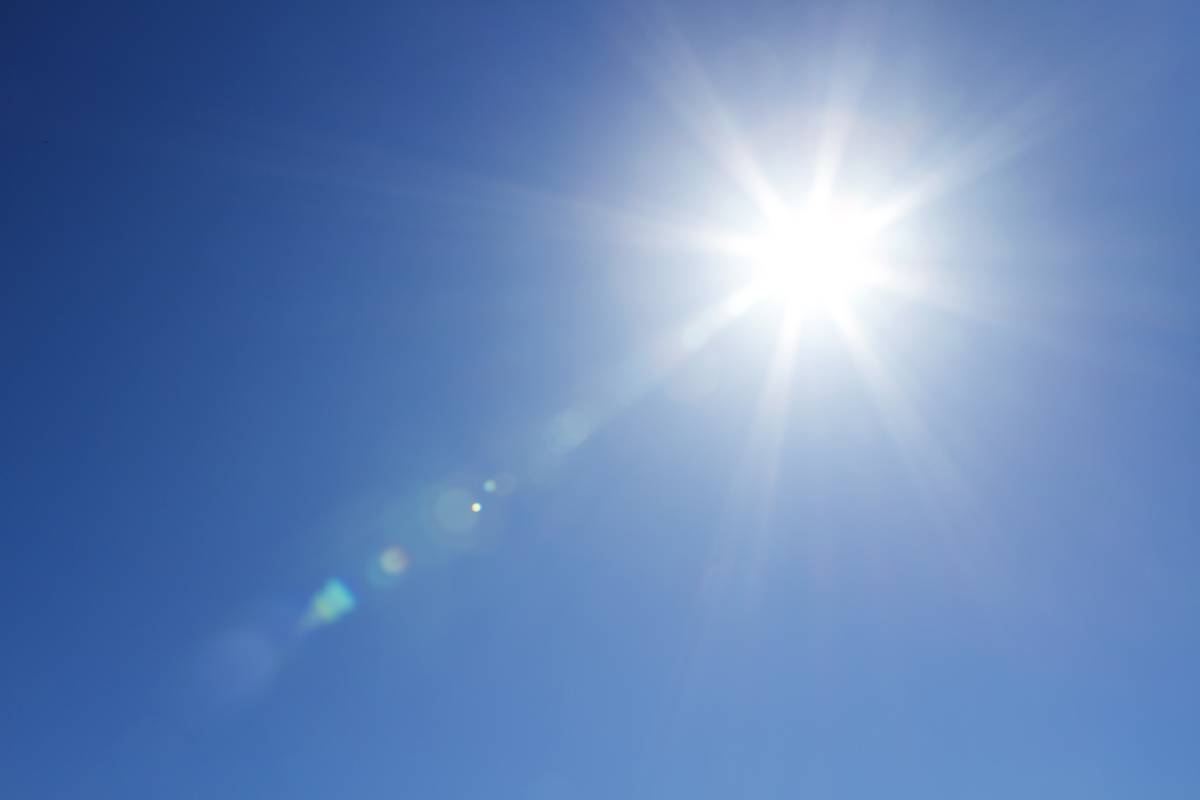A Silent Epidemic
With nearly 100,000 new cases annually, skin cancer has become the most common cancer in France, consistently rising over the past 50 years. Melanoma, the most aggressive form, has seen its incidence multiply fivefold between 1990 and 2018, now reaching 15,500 new cases per year. Despite the severity of this disease, there are still 1,800 melanoma-related deaths annually, even though it is curable if detected early.
French People Insufficiently Protected
Despite recommendations from health professionals, a large number of at-risk French individuals do not consistently protect themselves from the sun. Only a fraction of those with a family history of skin cancer take adequate precautions. Additionally, many French people admit they do not systematically protect themselves during outdoor activities.
Strengthening Protection Habits
While some progress has been made, with many wearing protective clothing and seeking shade, only a portion regularly uses sunscreen. Women are more vigilant than men in this regard, with more women applying sunscreen compared to men. Conversely, men prefer wearing hats more often than women.
The Illusion of Safe Tanning
There is no such thing as a "safe" tan. The best protection is to limit UV exposure year-round. However, a significant number of French people continue to expose themselves during the most dangerous hours, between 12 PM and 4 PM, and some still use tanning beds, particularly young adults.
The Importance of Screening
Many French people consult their general practitioner or a dermatologist when noticing a suspicious skin change, but this number remains insufficient. Self-monitoring is also limited, despite dermatologists’ recommendations to regularly check for changes in the appearance of their skin.
Sun Damage Fears Shared
Skin cancer is the primary concern related to sun exposure for most French people, followed by premature skin aging and eye damage. Brown spots and sun allergies are seen as secondary but notable consequences.
Conclusion
Given this alarming situation, the SNDV calls for increased vigilance and the systematic adoption of sun protection habits. Early detection and better prevention are essential to reverse the rising trend of this increasingly common cancer.
![ESI [Été]](/build/assets/images/logo_esi-summer.5a9842b9..png)


